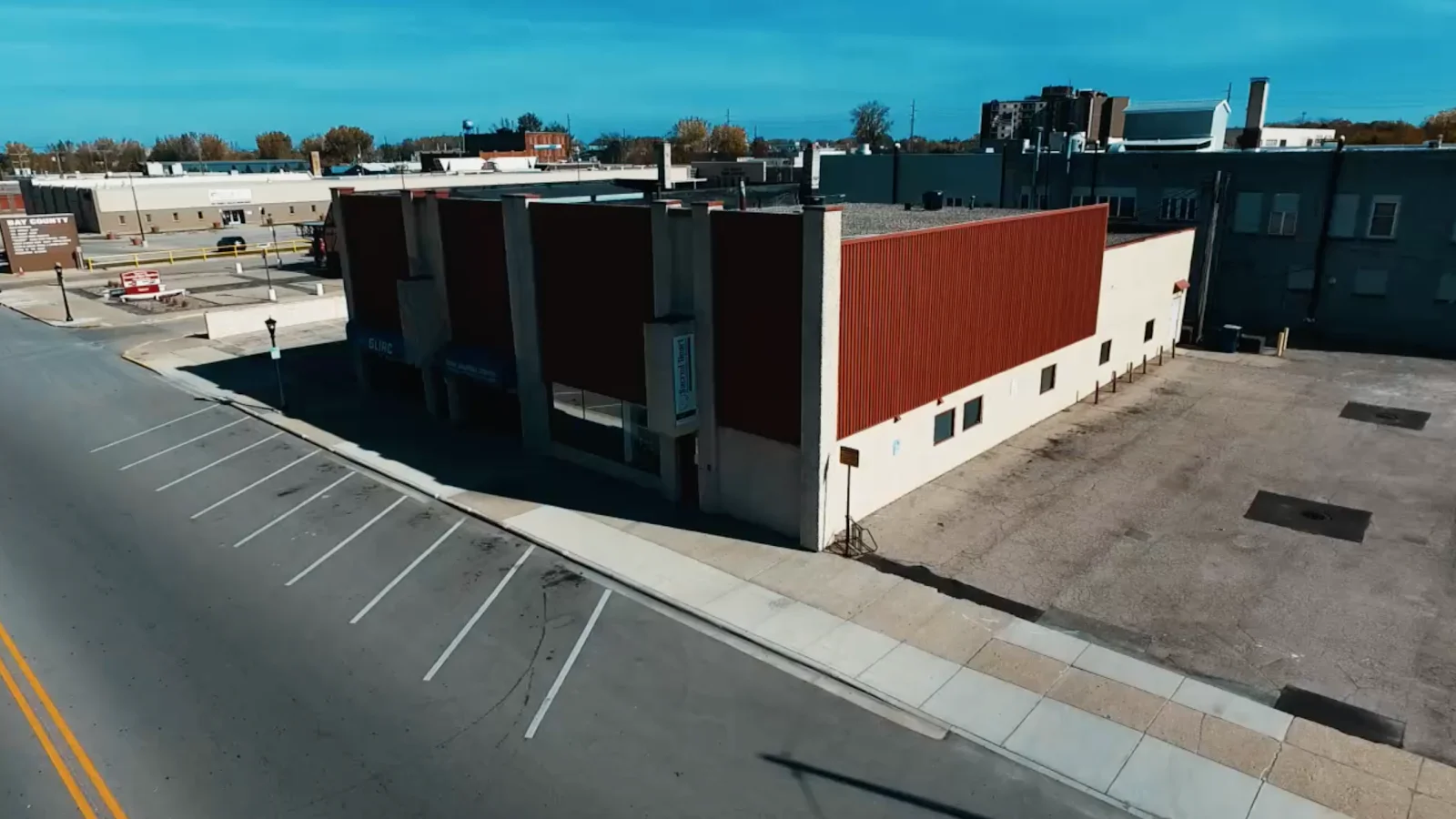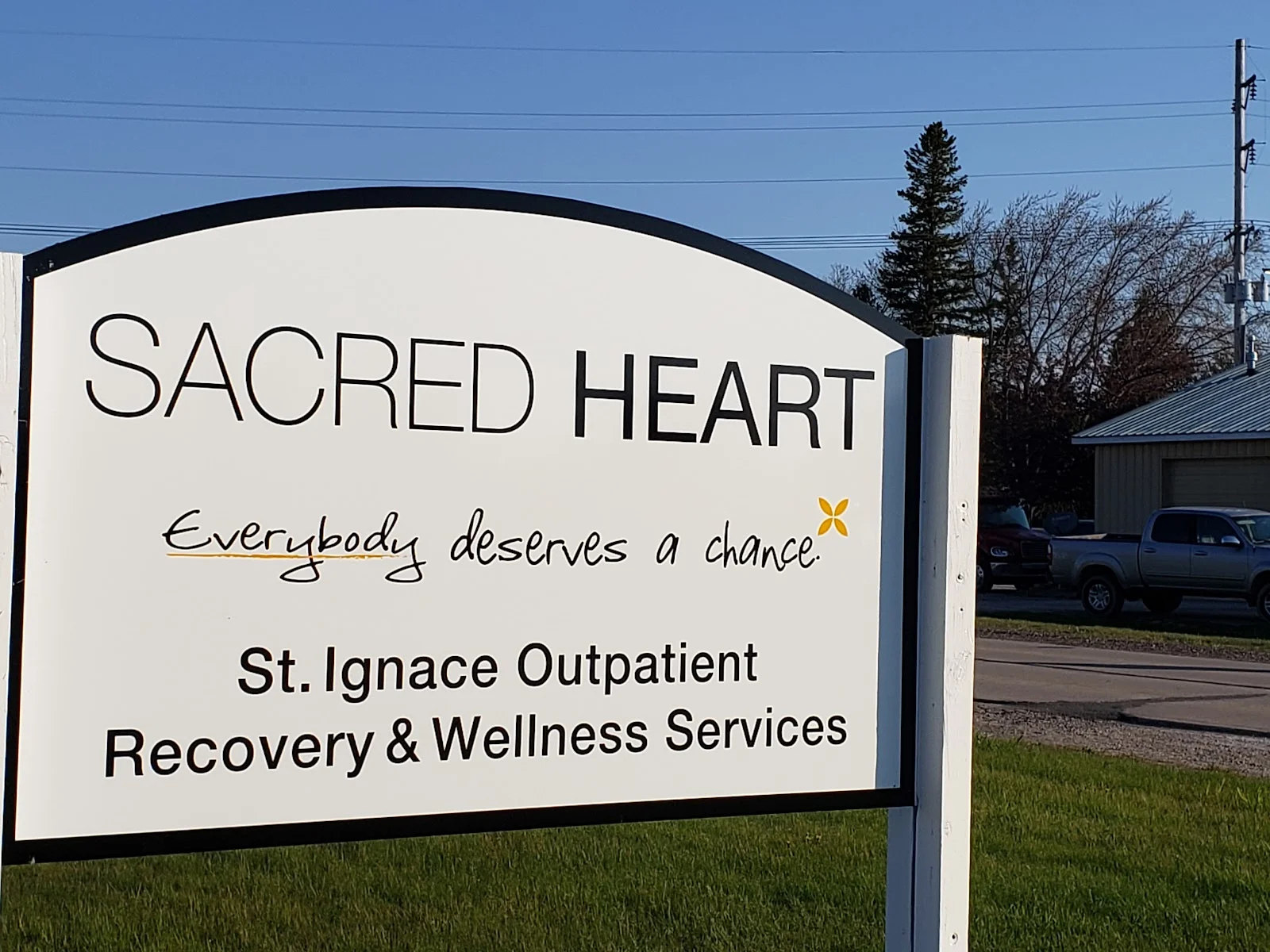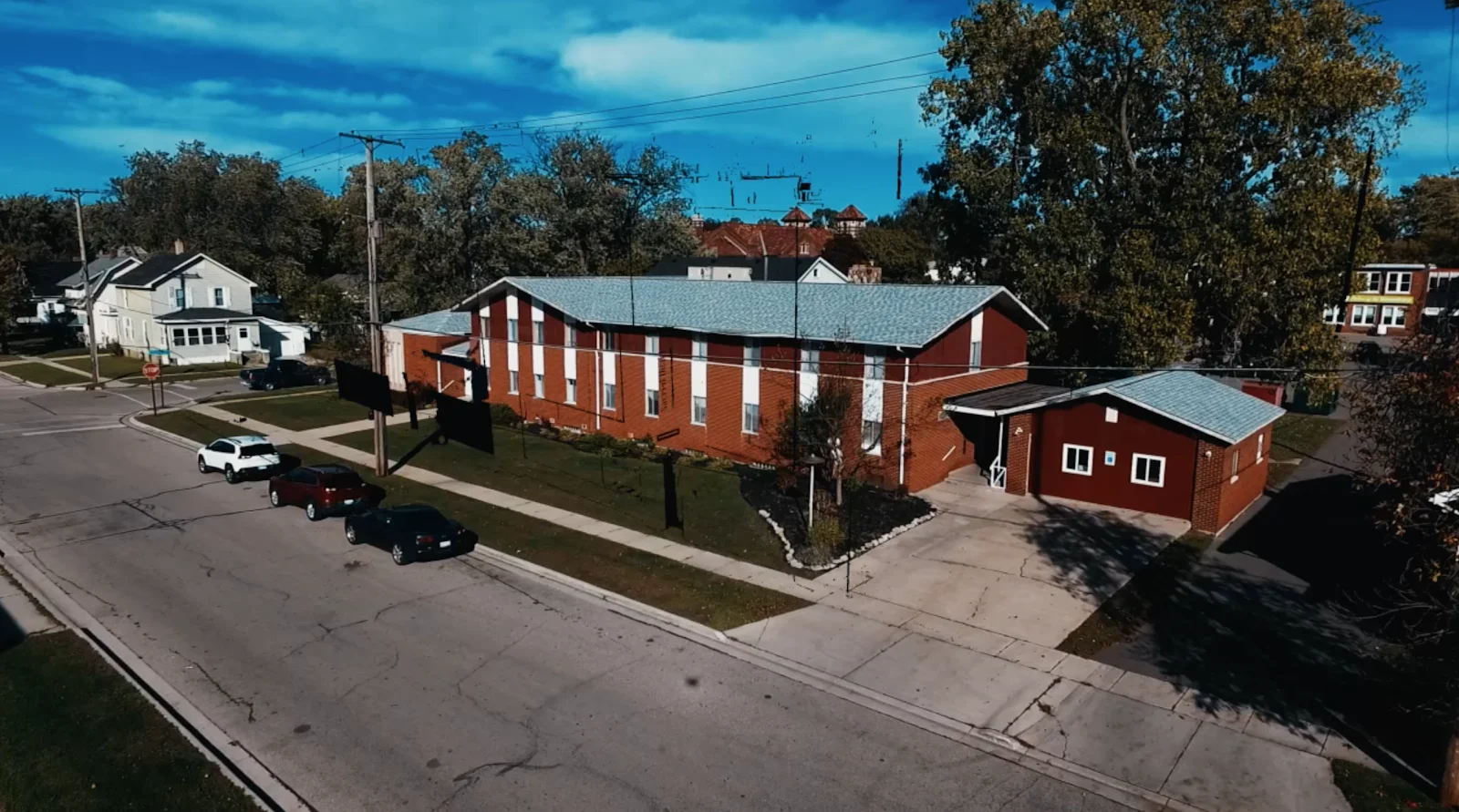This location provides a range of traditional outpatient services alongside a comprehensive medication-assisted treatment (MAT) program. The MAT program utilizes Methadone, Buprenorphine, and Naltrexone, ensuring a robust approach to managing addiction.
- Medication-Assisted Treatment (MAT): The use of Methadone, Buprenorphine, and Naltrexone to help manage withdrawal symptoms and reduce cravings, thus lowering the risk of relapse.
- Outpatient Ambulatory Withdrawal Management: Non-residential services to manage withdrawal symptoms under medical supervision, ensuring patient safety and comfort.
- Outpatient Statewide Telehealth: Accessible remote therapy sessions and MAT services for patients across the state, providing flexibility and convenience.
- Outpatient Services: Individual and group counseling sessions designed to support ongoing recovery while allowing patients to maintain their daily routines.
- Recovery Support Services: Ongoing support and resources to help individuals maintain their recovery, including peer support groups, life skills training, and access to community resources.
- Opioid Health Home: A holistic approach that integrates physical and mental healthcare, providing coordinated and comprehensive services to support long-term recovery.
- Housing Services: Assistance with securing stable housing, which is crucial for maintaining sobriety and supporting overall recovery.
This multifaceted approach ensures that individuals receive personalized care tailored to their specific needs, promoting a sustainable path to recovery and enhanced well-being.




















